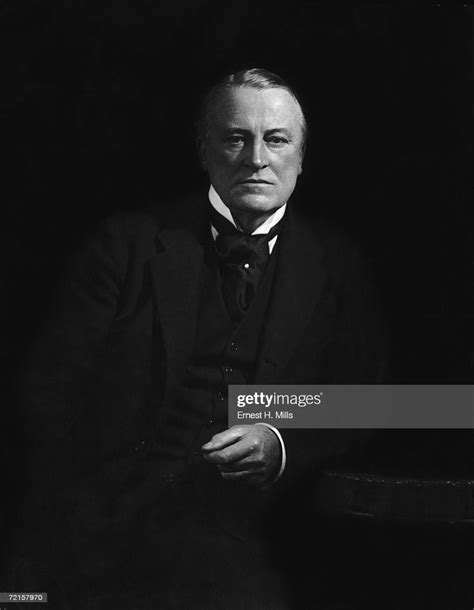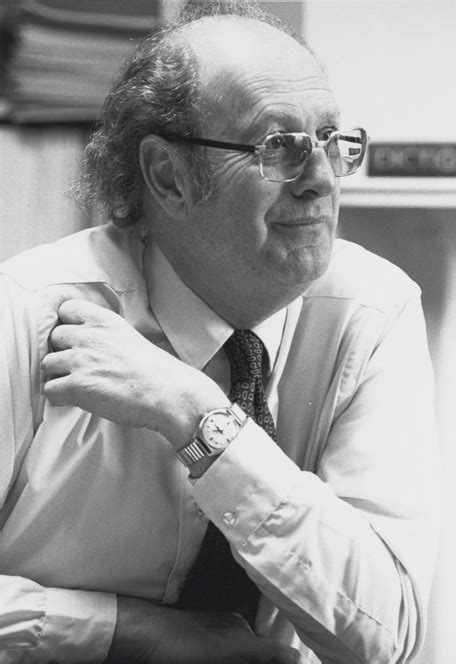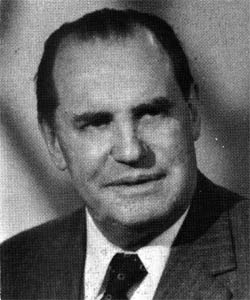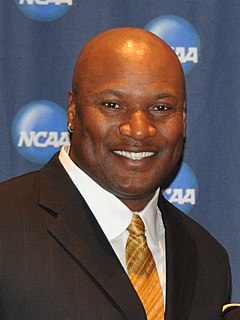A Quote by Eddy Alvarez
I have an analytical mind.
Quote Topics
Related Quotes
We have to learn to go beyond both a positive mind and a negative mind to become a silent, nonjudgmental, non-analytical, non-interpretiv e mind. In other words, the silent witness. In the process of silent witnessing, we experience inner silence. In the purity of silence, we feel connected to our source and to everything else.
The Analytical Engine has no pretensions whatever to originate anything. It can do whatever we know how to order it to perform. It can follow analysis; but it has no power of anticipating any analytical relations or truths. Its province is to assist us to making available what we are already acquainted with.


































